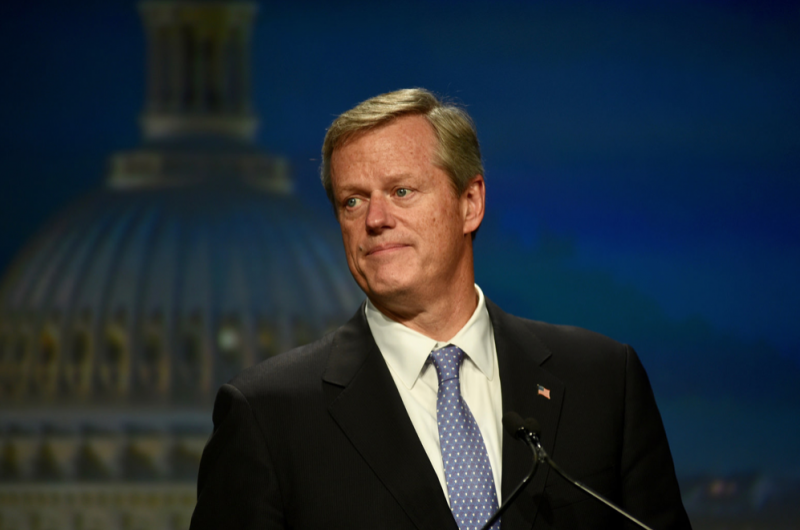
Republican Governor of Massachusetts, Charlie Baker, has proposed a well-intentioned but misguided 15% statewide excise tax on the sale of prescription opioid drugs.
The Republican governor’s budget estimates that $14 million would come from the tax on the in-state sale of opioid drugs. Baker’s office has vowed to use the funds generated from the tax to “provide treatment and services for substance misuse.”
Baker’s proposal in Massachusetts comes two months after New York Governor Andrew Cuomo saw his Opioid Stewardship Act(OSA), which was enacted in early 2018, struck down in court. A Federal Judge ruled the tax to be unconstitutional.
“While the animating concerns of the OSA are plainly valid,” the Judge stated her ruling, “the method by which the act extracts payments from opioid manufacturers and distributors to redress those concerns violates the Dormant Commerce Clause of the United States Constitution.”
Further, the Judge noted that, “the OSA is not a tax but is rather a regulatory penalty on opioid manufacturers and distributors. And as currently structured, it improperly burdens interstate commerce.”
Baker’s proposal is different from the one put forward by Governor Cuomo last year. The State of New York intended on raising $100 million each year “by assessing each company a ‘ratable share’ based on total sales or distribution of morphine milligram equivalents, an opioid dosage measurement.” Cuomo’s Act was projected to combat the epidemic with $600 million, fueled by a “surcharge on pill producers.”
Unlike New York, the bill going before the Massachusetts legislature will not strictly “prohibit pharmaceutical companies from passing on the cost of the tax to consumers.”
For more information on opioid tax proposals in other states, and why these misguided proposals are emotion-driven non-solutions, check out ATR president Grover Norquist’s column in NBC New THINK on the trend of taxing tragedy.

